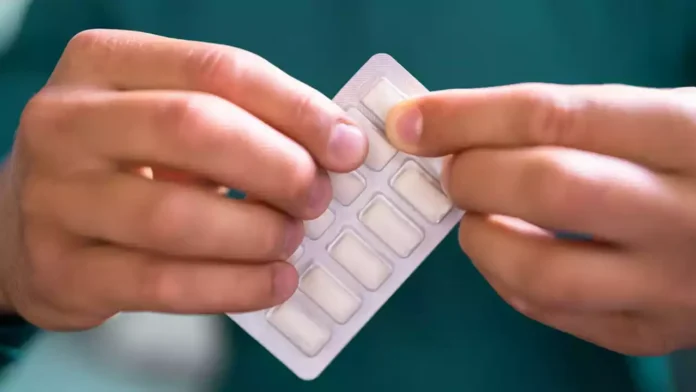In a recent ruling by the Punjab and Haryana High Court, the sale of Nicotine Replacement Therapy (NRT) in retail outlets has been given a thumbs up.
Nicotine Replacement Therapy (NRT) is acknowledged as an effective means for quitting tobacco and has been included in the National List of Essential Medicines since its addition in 2022.
“This decision marks a significant change in perspective concerning Nicotine Replacement Therapy (NRT). NRT serves as a crucial support for individuals aiming to quit smoking, enabling them to progressively reduce nicotine consumption and attain a smoke-free lifestyle—a goal sought by many smokers. The recent lifting of the ban and its increased accessibility will undoubtedly bolster smoking cessation efforts,” stated Dr. Chandrakant S Pandav, from the Department of Community Medicine at AIIMS, New Delhi.
Continue Exploring: D2C firm Power Gummies sets up own manufacturing unit, partners with Apollo for new launch
The court’s ruling eliminates Nicotine Replacement Therapy (NRT) from the Poisons Act of 1919. NRT is available in various forms such as gums, patches, and inhalers, all delivering controlled doses of nicotine to aid in smoking cessation. Gums release nicotine gradually, patches offer sustained effects, and inhalers provide instant relief. Additionally, mints dissolve in the mouth, effectively addressing cravings.
“This decision marks a significant turning point as it opens avenues for enhancing the accessibility of NRT. With its broader availability, we can empower countless smokers earnestly seeking to quit but grappling with withdrawal challenges. The availability of NRT at retail outlets will steer individuals towards tobacco cessation,” expressed Dr. Niranjan Naik, Director of Onco-Surgery at Fortis Memorial Research Institute (FMRI), Gurugram.
Last year, the government made it mandatory to obtain a medical prescription for purchasing NRT products. NRT gums are offered in doses of 2mg and 4mg, with the sale of 2mg gums conducted over the counter (OTC).
Continue Exploring: Study reveals alarming connection: Sweetened drink consumption raises risk of irregular heartbeat





